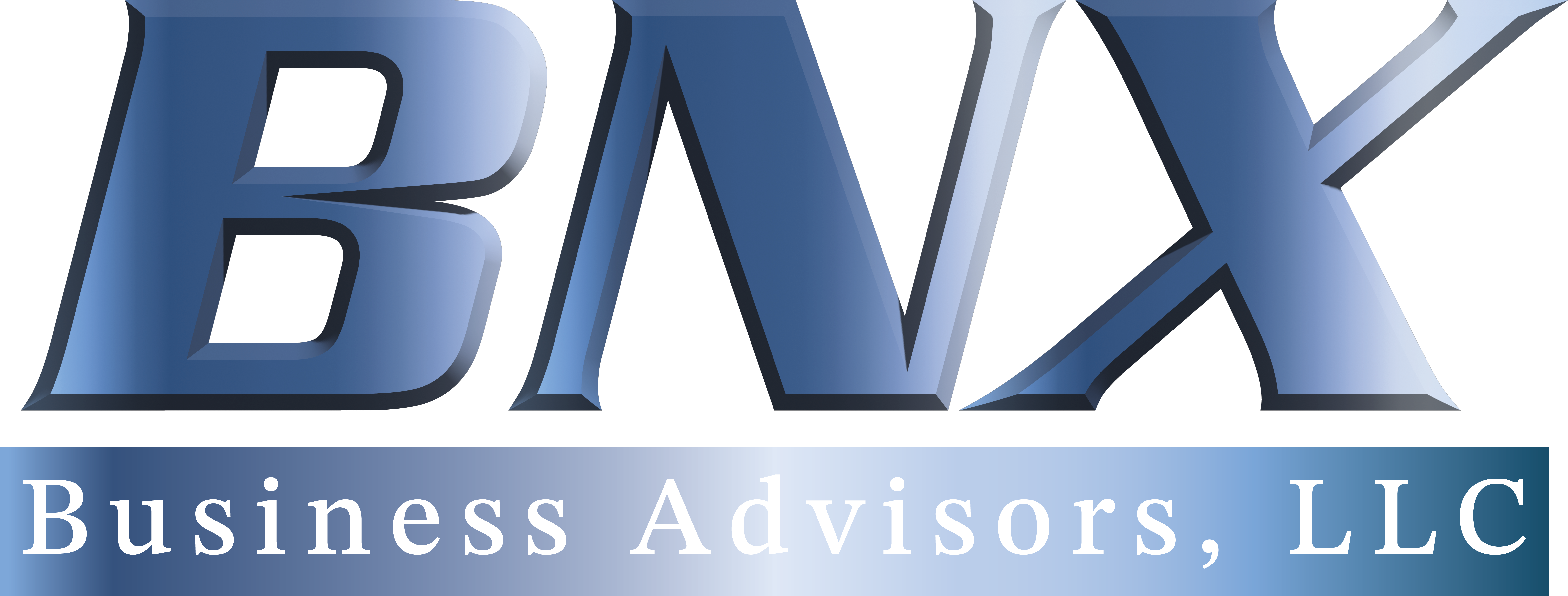
DEI Training Hostile Work Environment claims are rising as employees challenge workplace policies that they believe create bias, exclusion, or discomfort. While Diversity, Equity, and Inclusion (DEI) training is designed to foster workplace harmony, certain programs may unintentionally cross the line into workplace harassment or discrimination.
As an employer, failing to recognize when DEI Training Hostile Work Environment issues arise can lead to costly legal battles, damaged employee morale, and regulatory penalties. Here’s what you need to know to ensure your DEI training remains legally compliant.

1. DEI Training Hostile Work Environment Claims Due to Mandatory Participation
Forcing employees to attend DEI training that promotes specific ideologies or requires self-identification based on race, gender, or privilege can lead to legal disputes. Employees who feel coerced into participating may argue that their workplace has become hostile.
What to Do:
- Make DEI training voluntary where possible.
- Offer multiple perspectives within DEI training content.
- Avoid training exercises that force employees to disclose personal beliefs.
2. DEI Training Hostile Work Environment Lawsuits from Stereotyping Content
If DEI training portrays specific demographic groups as inherently biased or oppressive, employees from those groups may claim workplace discrimination. These claims can be considered a violation of Title VII.
What to Do:
- Ensure DEI training materials do not stereotype any group.
- Provide training that focuses on shared workplace values, not division.
- Encourage respectful discussions rather than blame-based exercises.
3. DEI Training Hostile Work Environment Issues Due to Retaliation
Employees who question DEI policies or opt out of training sessions may face negative consequences, such as poor performance reviews or exclusion from opportunities. This can lead to retaliation claims.
What to Do:
- Implement clear anti-retaliation policies.
- Train managers on handling DEI-related concerns neutrally.
- Create an open feedback system for employees to express concerns.
4. DEI Training Hostile Work Environment Complaints from Religious or Political Conflicts
Some employees may feel that DEI training contradicts their religious or personal beliefs. If their objections are dismissed or penalized, employers could face discrimination lawsuits.
What to Do:
- Allow employees to express concerns without fear of punishment.
- Ensure DEI policies respect diverse religious and political beliefs.
- Offer alternative training options for those with ethical objections.
5. DEI Training Hostile Work Environment Risks from Unbalanced Hiring Practices
If DEI initiatives promote hiring quotas or favor one group over another, employees may claim reverse discrimination. These concerns can escalate into legal action.
What to Do:
- Base hiring decisions on merit, not quotas.
- Focus on inclusivity without excluding qualified candidates.
- Document hiring and promotion decisions to ensure fairness.
BNX Helps Employers Prevent DEI Training Hostile Work Environment Claims
Navigating DEI Training Hostile Work Environment risks requires careful policy development. BNX Business Advisors specializes in HR compliance solutions that align DEI strategies with legal standards.
Why Work with BNX?
- Custom DEI Training Compliance Audits
- HR Solutions That Reduce Workplace Liability
- Risk-Free DEI Strategy Development
Don’t risk legal disputes—partner with BNX today. Contact us at BNXBA.com for expert guidance.
FAQs
1. Can an employee refuse to attend DEI training?
Yes, if training conflicts with their religious beliefs or creates a hostile work environment, they may have legal grounds to opt out.
2. What makes DEI training a hostile work environment?
When training fosters division, promotes stereotypes, or punishes employees for differing views, it can become legally problematic.
3. How can employers ensure DEI training remains compliant?
Employers should focus on inclusive, balanced content, avoid mandatory ideological training, and respect diverse perspectives.
4. Can an employee sue over DEI training?
Yes. Employees can file claims under Title VII if they believe the training discriminates against them or creates a hostile work environment.
5. How does BNX help businesses navigate DEI training compliance?
BNX provides compliance assessments, customized DEI policies, and expert HR solutions to prevent workplace liability.
Ensure your DEI training is legally sound. Work with BNX today!
